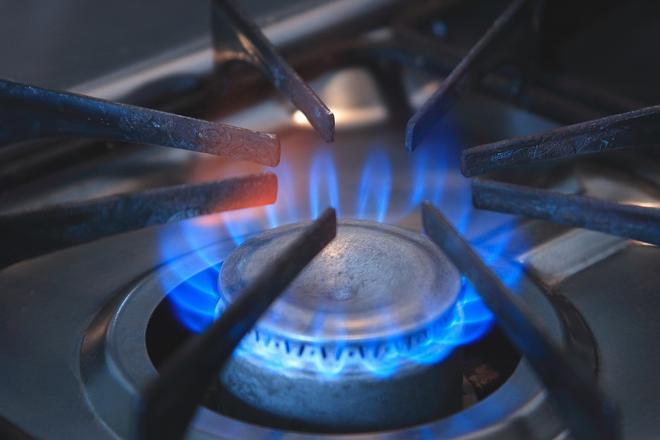In a rare moment of cross-party consensus, Slovakia’s parliament last week approved a law that paves the way for more targeted energy subsidies—while also safeguarding citizens’ right to privacy.
The legislation, designed to help the government identify households most in need of state support with soaring energy bills, allows the Economy Ministry to collect a sweeping range of data, writes Denník N. This includes income, property holdings, benefits received, and energy usage for an estimated two million households.
But after criticism from privacy advocates and opposition MPs, lawmakers unexpectedly adopted an amendment from Progressive Slovakia MP Ján Hargaš, granting individuals the right to opt out of this data collection. Those who wish to do so must notify the ministry in writing by the end of April, including their personal details and national ID number.
Importantly, opting out does not automatically disqualify households from receiving energy aid. A separate bill due in the autumn will lay out the conditions for claiming support.
“This is a sensible compromise,” said Hargaš. “We need to ensure help goes to those who really need it—but not at the cost of undermining data privacy.”
Concerns
The government argues that without the ability to assess household circumstances directly, the process of distributing aid could become chaotic. “If we relied solely on applications, we could be overwhelmed by up to five million people seeking help,” said Economy Minister Denisa Saková (Hlas), adding that the data would be stored securely within the Interior Ministry’s cloud infrastructure.
Still, there are concerns. Slovakia’s public sector has faced repeated criticism for weak cyber protections—most recently after a damaging hacker attack on the country’s land registry. Hargaš warned the scale of the information being collected was “extraordinary” and would be difficult to process in time, especially as state institutions currently operate on incompatible IT systems.
Under the law, the Economy Ministry must delete the data within a year of its collection. The law also removed a controversial clause that would have allowed the state to collect information about households’ ethnicity.
Energy aid
With wholesale gas prices hovering around €40 per megawatt hour—nearly double what Slovak households pay thanks to price caps—the government says it cannot afford to maintain blanket subsidies. This year alone, price support will cost the state €235 million. By 2026, targeted aid could reduce that figure to €100 million.
Prime Minister Robert Fico (Smer) has floated the idea that up to 80 percent of households could remain eligible, stressing that those with average or below-average incomes should not be left behind.
But Hargaš cautioned that time is tight. “We fear that if the government is only now launching data collection, it won’t take the more complicated—but fairer—route.”
In the past two years alone, Slovakia has spent nearly €5 billion cushioning households from energy costs.


 In the past two years alone, Slovakia has spent nearly €5 billion cushioning households from energy costs. (source: Pixabay)
In the past two years alone, Slovakia has spent nearly €5 billion cushioning households from energy costs. (source: Pixabay)